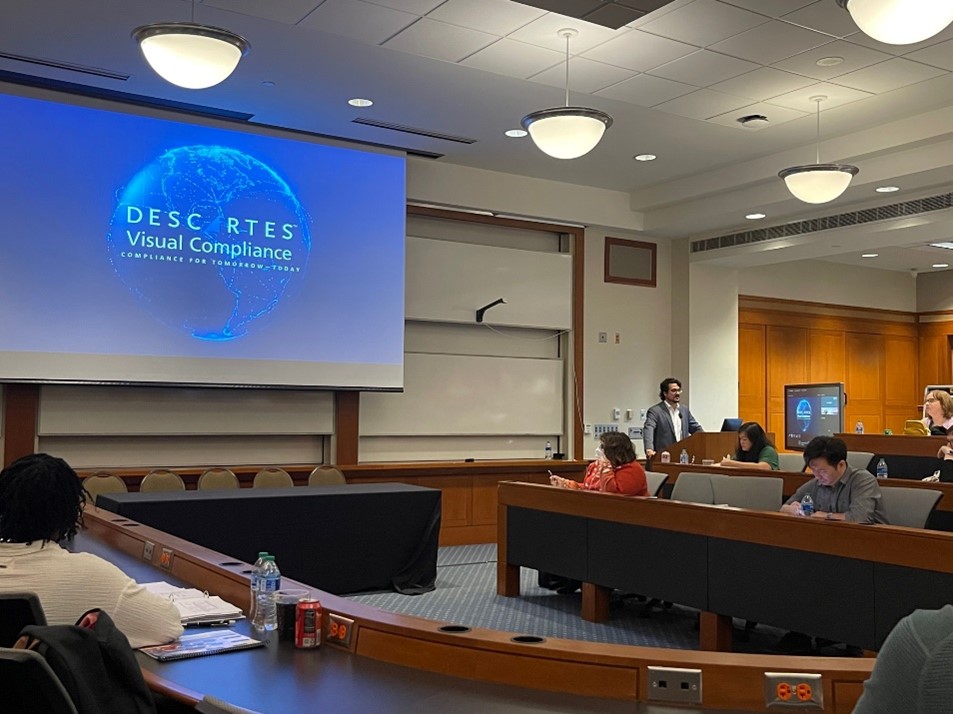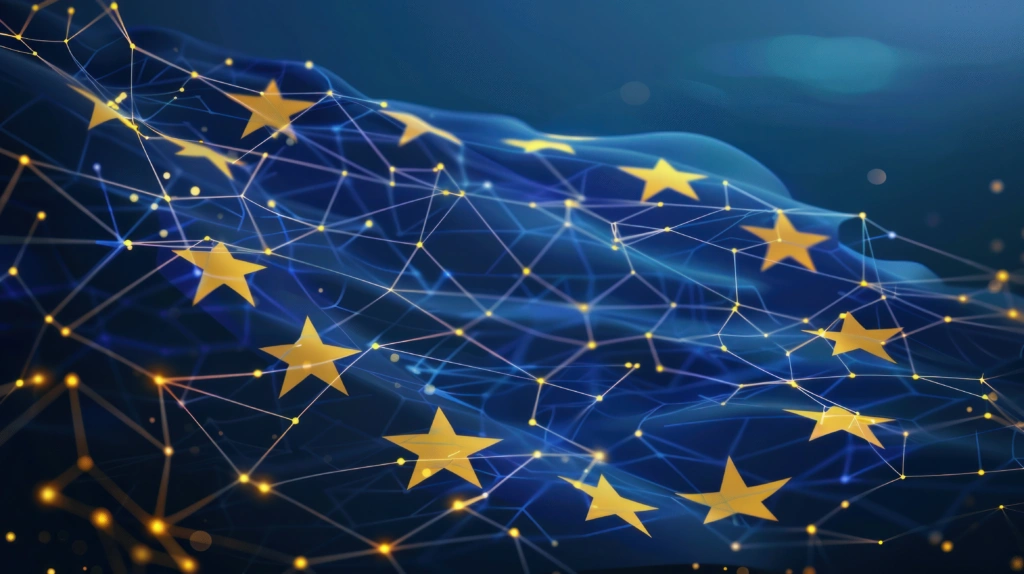By Elan Sibilia, Account Executive, Global Trade Intelligence, Descartes Systems Group
Universities and research institutions have certainly come a long way in how they have synthesized export compliance into their controlled technology research projects.
I’ve been following this industry for many years, and I can say that the progress is amazing, as I found out when I attended the recent Export Compliance Training Institute (ECTI) University Export Controls Seminar in Columbus, Ohio.
This august group of people are at the forefront of cutting-edge activities covering many areas of science, engineering and technology that can help humanity lead better lives. But because their work is so advanced and pioneering, some or all their subject matter might fall under U.S. export control laws, specifically the Commerce Department’s Export Administration Regulations (EAR) and the State Department’s International Traffic in Arms Regulations (ITAR).
Heady stuff for most of us. But for those taking part in the ECTI seminar they took it in stride, learning how to correctly classify their items and technology, apply for export licenses, and screen against denied parties lists.
Key Takeaways
- Export Controls for research regulate the shipment and transfer of controlled items, software, technology, or services to locations outside the U.S.
- These regulations also cover deemed exports, which is the release of sensitive information to foreign nationals wherever they are located.
- Fundamental research exclusion does not apply where foreign participation is forbidden, or where the project sponsor restricts public access to research results.
- Main export control challenges in academia include international collaborations, research and technology transfers, and international student and scholar engagements.
- Descartes has export compliance solutions geared specifically for universities and research institutions.
I was privileged to be able to speak at ECTI, and the common focal points for the industry were the need to understand export control regulations, international collaborations, and the management of international students and scholars.

Descartes’ Elan Sibilia presenting at the 2023 ECTI University Export Control Seminar in Columbus, Ohio
What are Export Controls for Research?
Export controls in the university and research space regulate the shipment and transfer of controlled items, software, technology, or services to locations outside the U.S. These regulations additionally cover deemed exports, which is the release of sensitive information to foreign nationals wherever they are located. This includes blueprints, technical data, and instruction manuals, even materials delivered at a presentation at a conference. On that last point, the rules also govern high-tech equipment, confidential documents, laptops, and cell phones that are carried on international trips.
A wide range of research activities fall under export control. Some of the more prominent examples include:
- High-performance computers.
- Dual use technologies.
- Encryption technology.
- Missiles and missile technology.
- Chemical and biological weapons.
- Nuclear technology.
- Select agents and toxins.
- Space technology and satellites.
- Lasers.
A Quick Word about Fundamental Research Exclusion
According to the Commerce Department’s Bureau of Industry and Security (BIS), fundamental research “means research in science, engineering, or mathematics, the results of which ordinarily are published and shared broadly within the research community, and for which the researchers have not accepted restrictions for proprietary or national security reasons”.
At the ECTI seminar, it was noted several times that this exclusion would no longer apply under certain conditions. For instance, where foreign participation is forbidden, or where the project sponsor (including government sponsors) restricts public access to research results.
What Happens if Export Control Laws are breached?
The consequences of non-compliance can be serious for the researcher and the institution involved. There could be fines, even imprisonment. There’ll be negative publicity. And the fate of federal grants and projects would be in jeopardy.
Researchers might argue that they forgot, or that their project will have a positive effect on humanity. But as mitigating factors, they would only go so far with the judge. This cannot be played as a “get out of jail” card. It is best to have a project review process with management or with the office of research and sponsored programs.
Common Export Compliance Challenges Facing Universities and Research Institutions
The key purpose of export control and compliance laws is to safeguard national security. What does that mean for researchers from the operational and administration perspectives? It means having protocols and processes to protect controlled technology and information. Above all, it means to keep these sensitive assets from falling into the hands of unauthorized entities, such as denied, debarred and blocked parties.
So, what are the key challenges faced by universities and research institutions? The problems that need to be addressed and appropriately managed fall into the following three main buckets.
- International Collaborations: Export control regulations can make it challenging to navigate these partnerships when sharing sensitive information or technologies. Ensuring that these collaborations are compliant with export control laws, such as the EAR and ITAR, can be complex and time consuming.
- Research and Technology Transfers: Managing the export of controlled technology or information while ensuring they don’t fall into the wrong hands is a significant issue to resolve. Proper classification of research materials and technology transfer processes is crucial to remain in compliance with the law.
- International Student and Scholar Engagements: Ensuring that these individuals are informed about and adhere to export compliance regulations can be a significant challenge. Properly screening students and scholars against denied parties lists, monitoring their research activities, and educating them on export controls laws is essential to reduce the risk of inadvertent violations.
Key Compliance Steps that Academia Can Take
As noted over and over again at ECTI, these issues are not easy to handle. But there are important steps that can be taken to quickly plug compliance gaps.
- Establish an export control office to ensure the institution is compliant with export control regulations.
- Provide training and support for faculty, staff and students engaged in international research and collaborations.
- Stay updated on changes in export compliance laws and regulations, as these can evolve over time.
- Work closely with government agencies, such as the departments of Commerce and State to address specific compliance concerns.
- Use robust software solutions to help ensure export compliance processes operate efficiently and effectively.
How Descartes Can Help
Descartes provides powerful, cost-effective export compliance solutions that have been developed specifically to meet the regulatory compliance needs of universities and research organizations.
Our suite of robust solutions includes export classification, controlled technology management, denied party screening and compliance audit trail processes.
If you need more information or would like to see a demonstration of our software solutions, just contact us – we are happy to help. You can find out what our customers are saying about Descartes export control solutions on G2 – an online third-party business software review platform.


